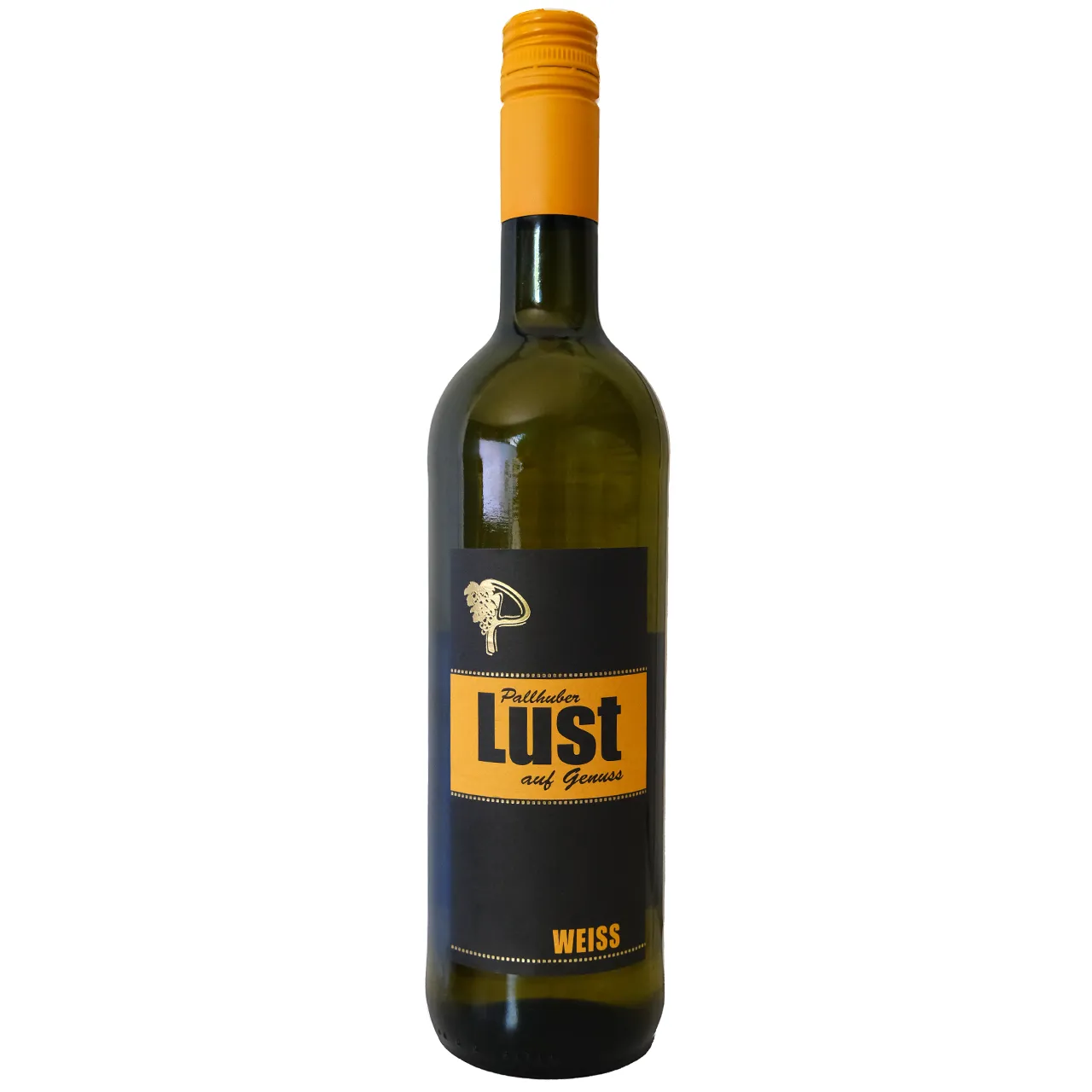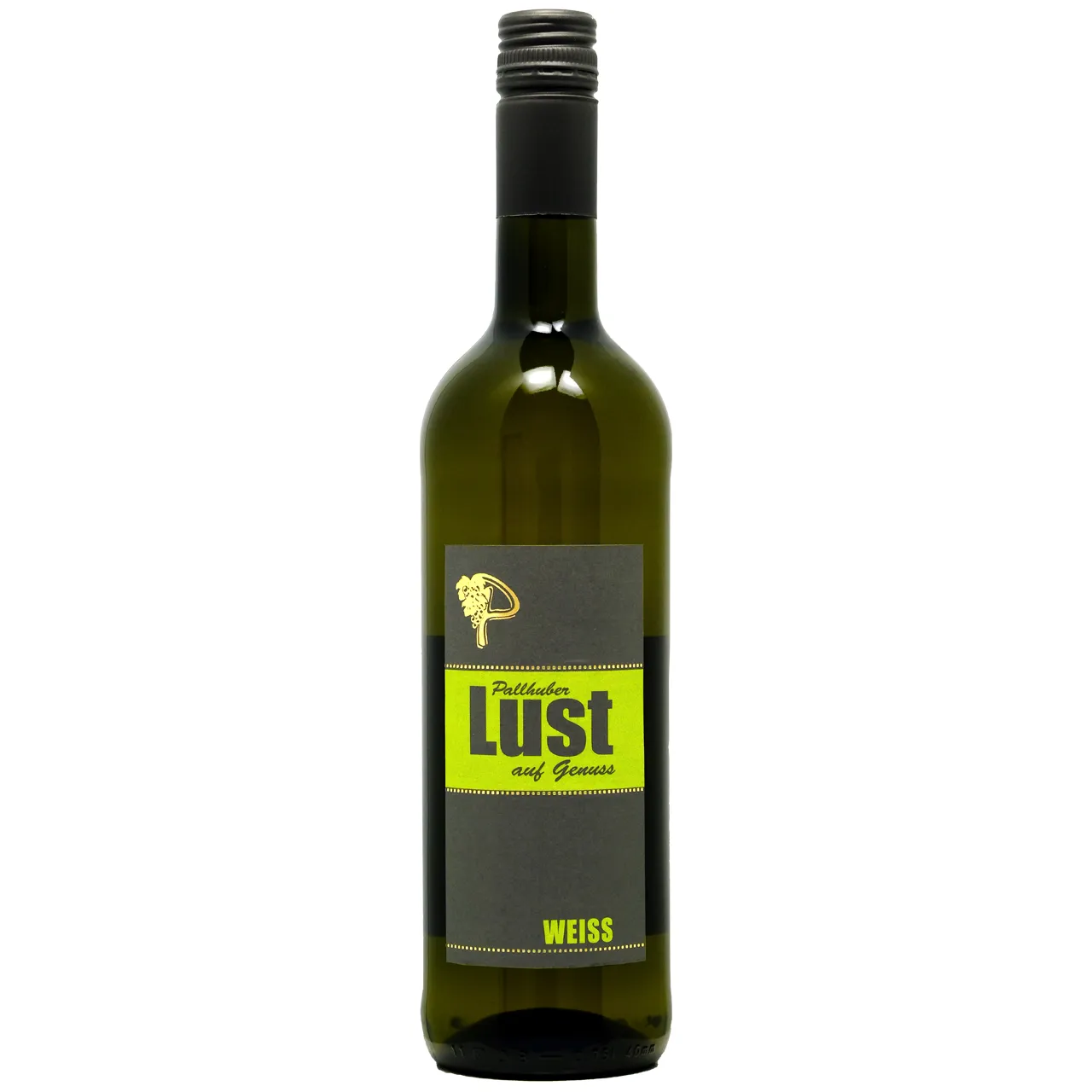
Seehof Riesling dry 2022 - Passion, character, and unbeatable enjoyment.
German white wines are renowned worldwide for their exceptional quality and diversity. Discover the unique wine regions and grape varieties of Germany that make these wines so special.
















































.jpg?ts=1713528440)





























Germany is renowned worldwide for its excellent white wines. With a long tradition and a variety of unique grape varieties, German white wines offer an impressive diversity of aromas and flavors. The different wine regions and the special climate contribute to making German white wines some of the best in the world. In this article, we spotlight Germany's most important wine regions, the most popular grape varieties, and the distinctive characteristics of these remarkable wines.
Germany has 13 recognized wine-growing regions, all of which produce high-quality white wines. The most famous regions include Mosel, Rheingau, Pfalz, and Franconia.
The Mosel is one of Germany's most famous wine regions and is renowned worldwide for its Riesling wines. The steep vineyards along the Mosel River provide ideal conditions for growing Riesling. These wines are characterized by their high acidity, minerality, and aromas of green apple, citrus fruits, and sometimes peach. Mosel wines are known for their aging potential and develop complex aromas over time.
Rheingau is also a significant region for Riesling wines. The climate and soil conditions are ideal for growing this grape variety. Rheingau Rieslings are often more powerful and have a complex structure. They display aromas of peach, apricot, and flowers, accompanied by pronounced minerality. The Rheingau also produces some excellent Spätburgunder (Pinot Noir).
The Pfalz is one of Germany's largest wine regions and is known for its diversity of white wines. Besides Riesling, which also produces excellent wines here, grape varieties such as Grauburgunder (Pinot Gris), Weißburgunder (Pinot Blanc), and Silvaner are widespread. Palatinate white wines are often full-bodied and fruity, with aromas of ripe fruits, flowers, and pleasant acidity.
Franconia is known for its Silvaner wines, which reach particularly high quality here. These wines are often dry and have a pronounced minerality, accompanied by aromas of green apples, pears, and sometimes a hint of herbs. Franconia is also known for its unique Bocksbeutel bottles, which give the wines a special recognition value.
Germany cultivates a variety of grape varieties used to produce high-quality white wines. The most popular include Riesling, Grauburgunder, Weißburgunder, Silvaner, and Müller-Thurgau.
Riesling is the most important and widely planted white grape variety in Germany. These wines are known for their vibrant acidity, versatility, and aging potential. Rieslings can range from dry to sweet and often have aromas of citrus fruits, green apple, peach, and pronounced minerality.
Grauburgunder, also known as Pinot Gris, produces excellent wines in Germany. These wines are often rich and aromatic, with aromas of pear, melon, and a hint of spices. Grauburgunder is known for its balanced acidity and freshness.
Weißburgunder, also known as Pinot Blanc, is a versatile grape variety widely grown in Germany. These wines are often light and fresh, with aromas of apple, pear, and citrus fruits. Weißburgunder wines are versatile and are well-suited as an aperitif or with light dishes.
Silvaner is a traditional German grape variety that produces excellent wines, especially in Franconia. These wines are often dry and have pronounced minerality, accompanied by aromas of green apples, pears, and sometimes a hint of herbs. Silvaner wines are known for their freshness and versatility.
Müller-Thurgau is a widely planted grape variety in Germany, known for its fresh and fruity wines. These wines often have aromas of green apple, pear, and sometimes a light muscat note. Müller-Thurgau wines are uncomplicated and are well-suited for everyday enjoyment.
German white wines are versatile and suit many occasions. Whether festive dinner parties or relaxed evenings, there is a suitable wine for every occasion.
For festive dinner parties, complex and structured white wines like Riesling from Rheingau or Silvaner from Franconia are ideal. These wines have a strong presence and can stand up to substantial dishes like lobster, scallops, or veal.
For relaxed evenings, fresh and accessible white wines like Grauburgunder or Weißburgunder from the Pfalz are suitable. These wines are uncomplicated and pair well with light dishes like salads, poultry, or fish.
For summer occasions, fresh and fruity white wines like Riesling or Müller-Thurgau are perfect. These wines are especially refreshing when lightly chilled and pair well with grilled vegetables, light appetizers, or as an aperitif.
Pairing wine and food can be a true taste experience. German white wines offer many possibilities for perfect food pairings.
Riesling is known for its harmony with Asian cuisine. A glass of dry Riesling pairs excellently with spicy dishes like Thai curry or sushi, while a sweet Riesling offers an interesting combination with spicy Chinese food.
Grauburgunder is a versatile wine that pairs well with pork. A glass of Grauburgunder complements pork roast or sausages and pickled vegetables.
Weißburgunder is a light, fresh wine that pairs well with fish dishes. A glass of Weißburgunder perfectly complements grilled fish or seafood.
Silvaner is known for its ability to pair well with vegetable dishes. The fresh aromas and lively acidity harmonize well with grilled vegetables, asparagus, or salads.
Müller-Thurgau is an uncomplicated wine that pairs well with light appetizers. A glass of Müller-Thurgau complements salads, light cheese platters, or antipasti.
German white wines offer an impressive diversity of aromas and flavors. Each wine region and each grape variety contribute to making German white wines among the best in the world. Whether elegant Rieslings from the Mosel, fresh Grauburgunder from the Pfalz, or mineral Silvaner from Franconia, there is a suitable wine for every taste. The wines suit many occasions and dishes and enrich every wine rack. With their high quality and unique character, German white wines are truly worth discovering.